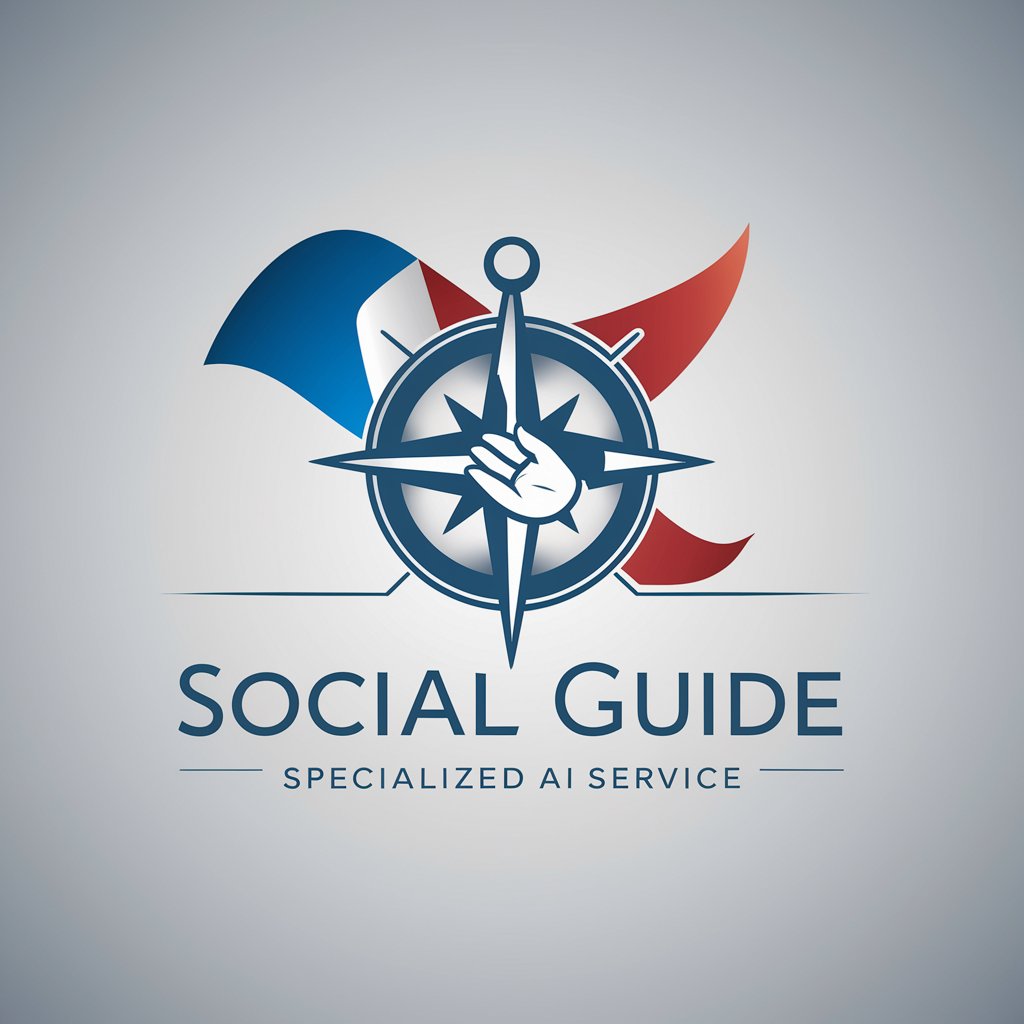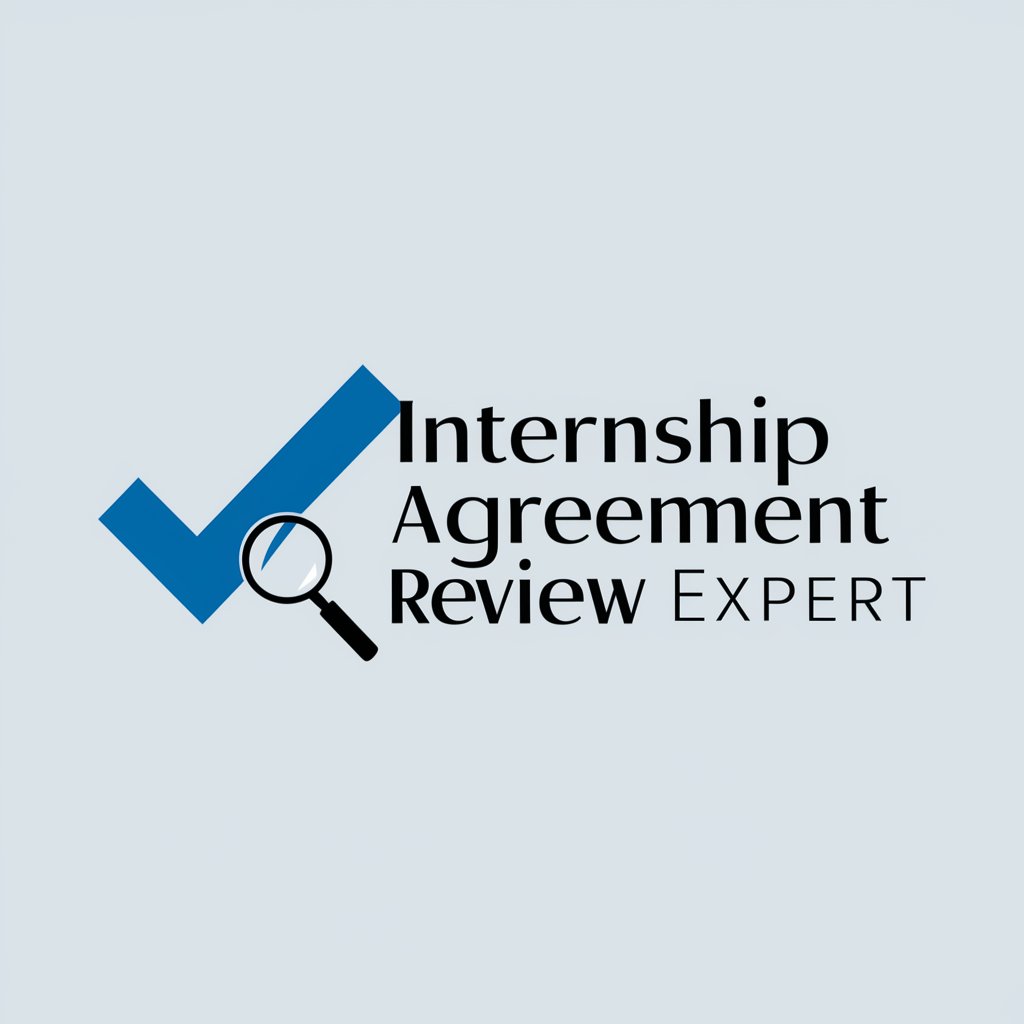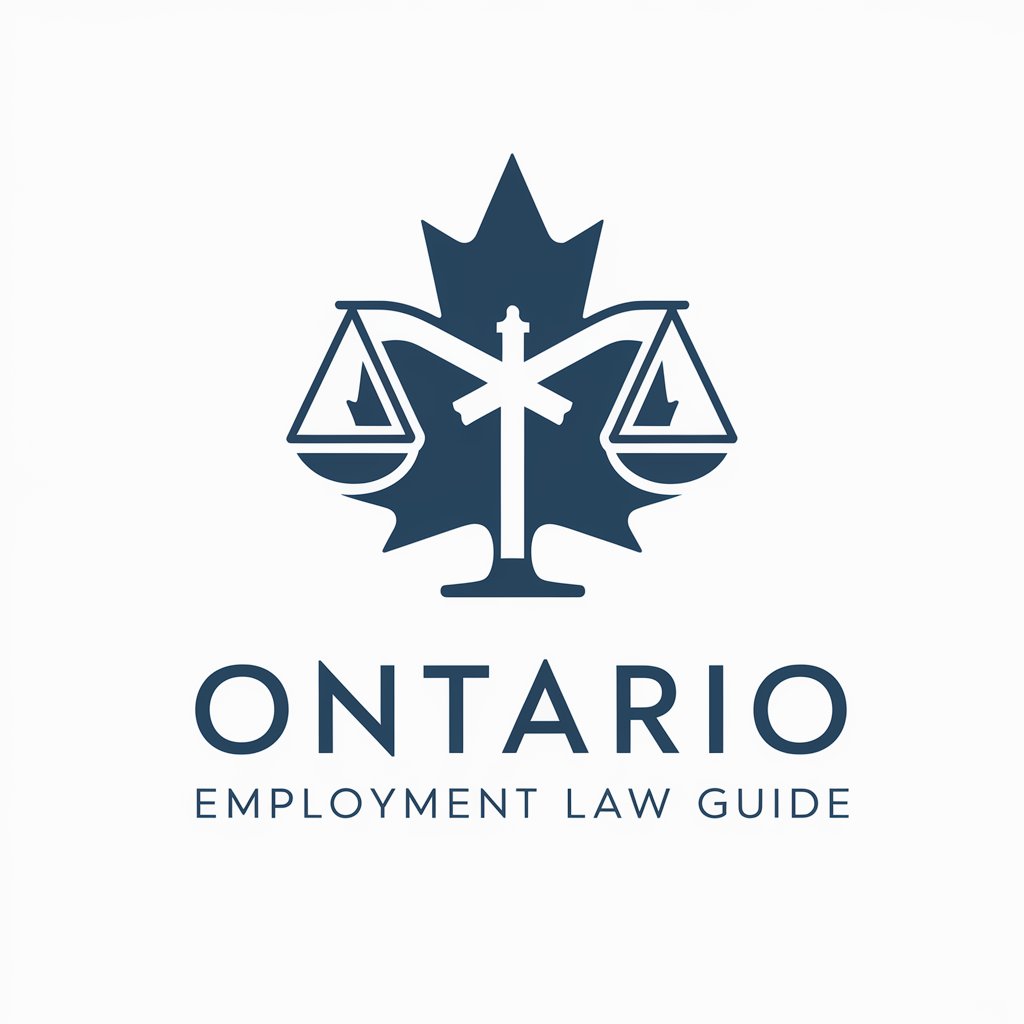6 GPTs for Employer Compliance Powered by AI for Free of 2026
AI GPTs for Employer Compliance refer to advanced artificial intelligence tools powered by Generative Pre-trained Transformers, designed specifically to assist with the myriad aspects of employer compliance. These tools leverage the capabilities of GPTs to understand, generate, and process natural language, making them adept at handling tasks such as regulatory adherence, policy documentation, employee training, and legal compliance checks. Their relevance lies in providing tailored, scalable solutions that help organizations navigate the complex landscape of employer obligations, ensuring that they remain compliant with local, national, and international regulations.
Top 6 GPTs for Employer Compliance are: Avocat juriste droit du travail FR 2024,中国劳动法顾问,Social Guide,JuriSConsultor_BR,Internship Agreement Review Expert,Ontario Employment Law Guide
Avocat juriste droit du travail FR 2024
Empowering Labor Law Decisions with AI

中国劳动法顾问
Empowering with AI-driven legal insights

Social Guide
Simplifying French Social Security

JuriSConsultor_BR
Navigate Brazilian labor law with AI-powered expertise

Internship Agreement Review Expert
Automate Internship Agreement Reviews

Ontario Employment Law Guide
Navigating Employment Law with AI

Principal Characteristics and Abilities
AI GPTs tools for Employer Compliance stand out due to their adaptability, precision, and the breadth of functionalities they offer. Key features include natural language processing for drafting and reviewing compliance documents, machine learning algorithms for identifying compliance risks, and the ability to tailor outputs to specific legal and regulatory frameworks. Specialized features may encompass language translation for global compliance, real-time updates on legislative changes, and interactive training modules for employee education. These capabilities ensure that businesses can address compliance needs efficiently and effectively.
Who Benefits from Employer Compliance AI?
The primary beneficiaries of AI GPTs for Employer Compliance include HR professionals, legal advisors, compliance officers, and business owners across various industries. These tools are accessible to novices, providing straightforward interfaces for those without programming skills, while also offering advanced customization options for developers and technical users. This broad accessibility ensures that organizations of all sizes and individuals with varying levels of expertise can leverage these AI tools to meet their compliance obligations.
Try Our other AI GPTs tools for Free
Independent Contributions
Discover how AI GPTs for Independent Contributions can transform your projects with tailored solutions in text, image, and data processing. Enhance your productivity and creativity across various fields.
URSSAF Guidance
Discover AI GPT tools for URSSAF Guidance, your digital assistant for navigating French social security contributions. Tailored advice, regulation updates, and procedural support at your fingertips.
Income Analysis
Discover the power of AI GPTs for Income Analysis, your go-to solution for automating and enhancing income data analysis with cutting-edge artificial intelligence technology.
Study Reinforcement
Unlock the potential of AI GPTs for Study Reinforcement to personalize your learning experience. Discover tools that adapt to your needs, enhancing understanding and retention.
Law Teaching
Discover how AI GPTs are revolutionizing law teaching, making legal education more interactive, accessible, and up-to-date with the latest legal standards.
Menu Decoding
Explore the world of dining with AI GPTs for Menu Decoding: your smart companion for understanding menus, dietary information, and culinary trends.
Enhanced Insights into Compliance Management
AI GPTs provide not just automation but also deep insights into compliance processes, offering predictive analytics for risk management and interactive modules for engaging employee training. Their integration capabilities allow for seamless workflows, enhancing efficiency and ensuring that compliance becomes an integrated part of business operations rather than an afterthought.
Frequently Asked Questions
What exactly are AI GPTs for Employer Compliance?
AI GPTs for Employer Compliance are artificial intelligence tools designed to assist organizations in adhering to employment laws and regulations. They use natural language processing and machine learning to help manage compliance documentation, training, and legal checks.
How do these AI tools help with compliance?
They automate the creation and review of compliance documents, identify potential compliance risks, and offer tailored advice on regulatory requirements. This helps organizations stay up-to-date with laws and regulations.
Can non-technical users operate these AI tools?
Yes, these tools are designed to be user-friendly, with interfaces that allow non-technical users to navigate compliance tasks without needing programming knowledge.
Are there customization options for developers?
Absolutely. Developers can access APIs and programming interfaces to tailor the AI tools to specific organizational needs, integrating them into existing systems for enhanced compliance management.
How do AI GPTs stay updated with changing laws?
These AI tools are regularly updated with the latest legal and regulatory information, utilizing machine learning to adapt to changes and ensure compliance advice remains current.
Can these tools handle international compliance?
Yes, with capabilities for language translation and adaptability to various legal frameworks, these tools are designed to manage compliance across different jurisdictions.
What sets AI GPTs apart from traditional compliance software?
AI GPTs offer more sophisticated analysis, natural language processing, and predictive capabilities, allowing for more nuanced and proactive compliance management.
Is data privacy a concern with these AI tools?
Data privacy is a top priority, and these tools are built with security measures to protect sensitive information, ensuring compliance with data protection regulations.